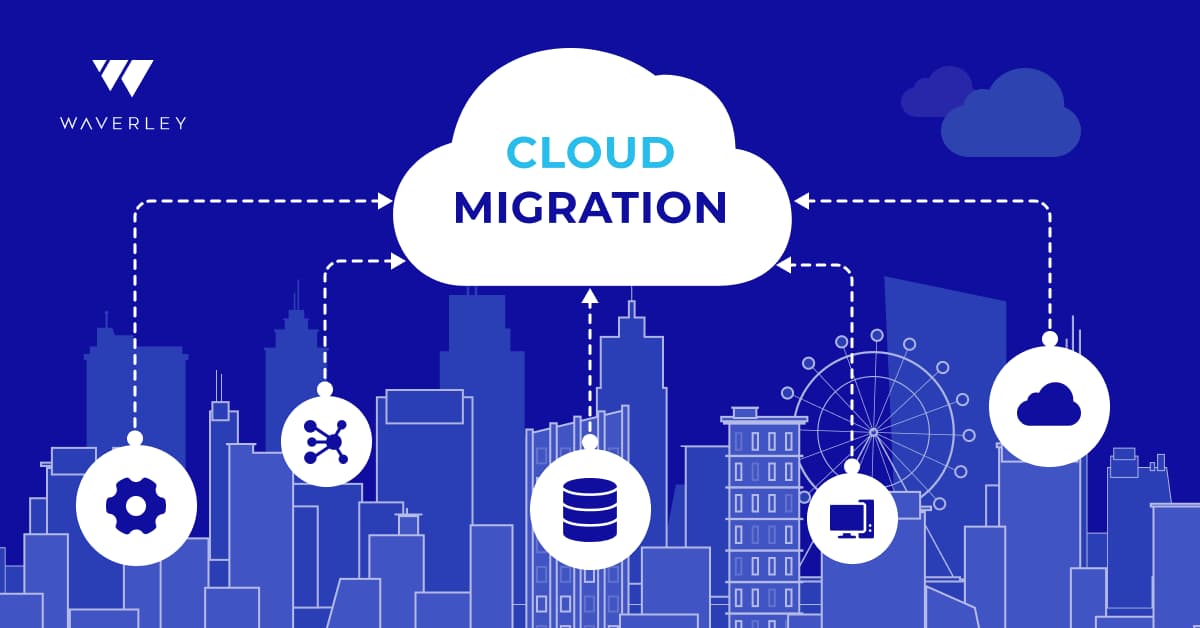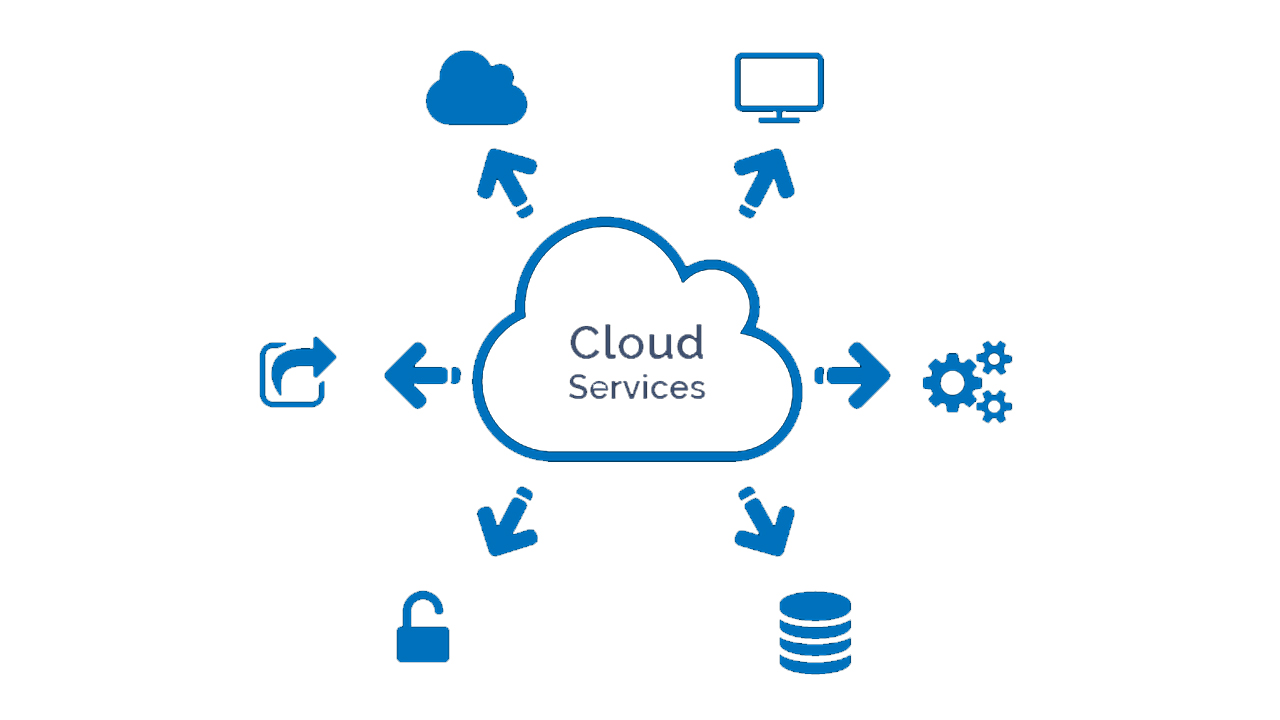Cloud Migration
Cloud Migration

Cloud Service

LPSD is an expert in providing Cloud Services, leveraging extensive experience with top global cloud providers such as AWS, Huawei Cloud, and Microsoft Azure. Customers simply need to inform us of their requirements or provide details of their current physical systems, whether they are stored on-premises or hosted at a datacenter, commonly known as Co-Location.Nowadays, with the reduced costs of using world-class cloud providers, along with their superior performance and stability in various aspects, more organizations are moving their private or physical systems to worldwide cloud providers.
Advantages of Using Worldwide Cloud Providers:
- Stability: High system stability due to significant investments in data centers worldwide. In Thailand, for example, cloud providers invest in multiple data centers across different buildings and locations, including rural areas, with high-speed data links between them. This ensures that if one data center experiences an issue, the system can quickly switch to another location without disruption.
- High Performance: The system delivers high performance due to the cutting-edge technology used by leading cloud providers. These advanced technologies are exclusive to major providers, resulting in superior system performance.
- Flexibility: Cloud systems are highly flexible, allowing you to scale up or down the processing power or connectivity based on actual usage. This adaptability is a significant advantage, enabling the system to handle varying user demands while maintaining fast performance. Cloud providers' large-scale infrastructure eliminates concerns about system expansion limitations. Moreover, if the system becomes too large for your needs, you can reduce its size to save costs without affecting performance.
- Pay as you go: Costs are based on actual usage, making it a major benefit. Unlike traditional systems where you need to pay for high-performance systems year-round to accommodate peak usage, cloud services charge only for what you use. This eliminates the need to maintain costly systems during periods of low usage, leading to significant cost savings.
- High Security and Flexibility: Cloud providers offer a wide range of network infrastructure services and products, allowing you to design your security settings as needed. You can choose the security technology from different brands, including services like Firewall, Antivirus, and Web Application Firewall, to tailor the system to your budget and security level. Purchasing these technologies outright would be a much higher investment than using them as services, which provides equal performance. Additionally, you can adjust or cancel these services at any time based on your usage needs and cost-efficiency.
Cloud Service Types
How many types are there, what are their uses, and which type is suitable for what kind of usage? This will help in making decisions to ensure the service chosen best fits the user's needs. In some cases, multiple services may need to be utilized depending on the purpose of the task.

Infrastructure as a Service
Infrastructure as a Service (IaaS) is a service that provides access to essential computing infrastructure such as processing power, storage systems, and networking, all in a virtualized environment. This setup operates just like a physical system but offers greater flexibility, allowing users to scale resources as needed. It reduces costs and simplifies resource management since the service provider handles the maintenance.
IaaS follows a pay-as-you-go model, offering high flexibility in scaling computing power and managing infrastructure. This allows businesses to avoid the high costs and complexities of purchasing and maintaining their own servers. Users benefit from unlimited, secure access to resources, allowing them to meet their business demands efficiently.
Examples of IaaS include Microsoft Azure, AWS EC2, and Google Compute Engine (GCE). IaaS providers are responsible for securing your cloud infrastructure, including unlimited backup and disaster recovery options. The service ensures high availability, where if one server fails, another takes over automatically. You can also frequently sync backups to ensure business continuity.
Platform as a Service
Platform as a Service (PaaS) is a service that provides a "platform" for software developers to develop, test, and deploy applications. PaaS includes infrastructure such as servers, storage, and networking, as well as middleware. The cloud provider manages the underlying hardware and software, allowing developers to focus on writing code and managing applications without worrying about hardware or operating system issues.

PaaS providers are responsible for maintaining, updating, and securing the databases and software running within the PaaS environment. This model helps in estimating costs for using the system and allows for monitoring the overall system performance.
PaaS offers flexible and comprehensive tools, enabling developers to customize their environment to reduce coding time and support multiple platforms. Examples of PaaS include Google App Engine, Heroku, and AWS Elastic Beanstalk.

Software as a Service (SaaS)
is a cloud computing model where the service provider manages hardware, software tools, and applications in their own data centers or cloud environments. This includes tasks such as installation, updates, and maintenance. Users can access and use the software directly from a web browser or application, anywhere and anytime, via the internet, whether on a computer, mobile device, or tablet.
Since SaaS operates on a subscription basis, you can plan your software costs based on actual usage, reducing upfront expenses compared to traditional software models. It also helps lower additional computing resource costs. SaaS is particularly suitable for rapidly growing businesses because it allows for the addition of new features and users as needed. You can scale your software usage up or down according to your business requirements, customize the software to meet specific needs without infrastructure costs, and benefit from a guaranteed 99% uptime. As long as you have a reliable internet connection, you can work effectively.
Examples of SaaS include Microsoft Office 365, Google Workspace, and Dropbox.